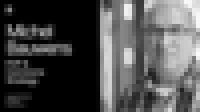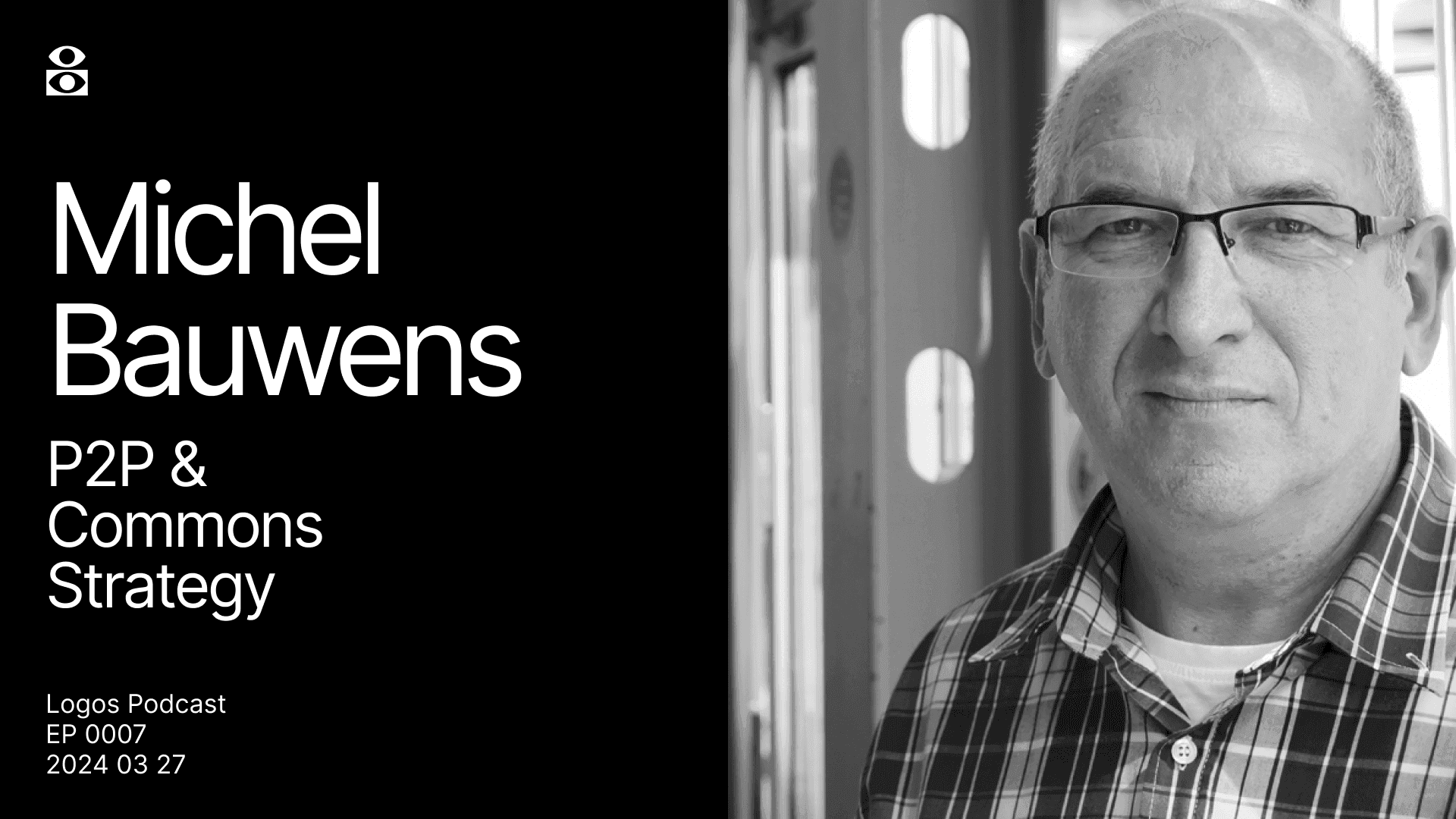

Michel Bauwens: P2P & Commons Strategy
In this conversation, Jarrad Hope discusses the transformational impact of crypto and peer-to-peer technologies with Michel Bauwens, highlighting the potential seed forms for a new decentralized and commons-oriented societal organization. They acknowledge the complexity and the challenges of the current state of crypto, stressing the importance of building an inclusive and more user-friendly infrastructure while maintaining the pursuit of pluralistic and intelligent discourse.
Michel Bauwens
Any competition for scarce resources leads to oligarchy. Why? Because it's a it's a game. And every iteration of the game, some is more lucky or more clever than you. So they already have more resources for the second game and then the third game. And so whether it's land or money, you, you see it, you know, that is always this tendency towards oligarchy.
Jarrad Hope
Oh, thank you so much, Michel, for joining me. You don't quite know it, but your ideas and the peer to peer Foundation wiki was very transformative in my thinking. I think I came across it around sort of 2006, 2007 when I was looking at the Pirate Party.
Michel Bauwens
That was right at the beginning.
Episode host - Jarrad Hope
Produced by - Christian Noguera
Edited by - Christian Noguera